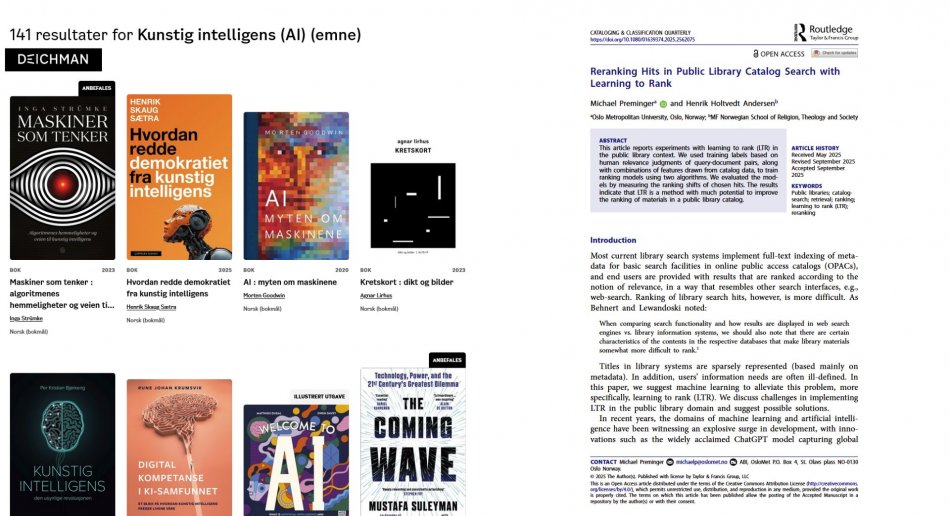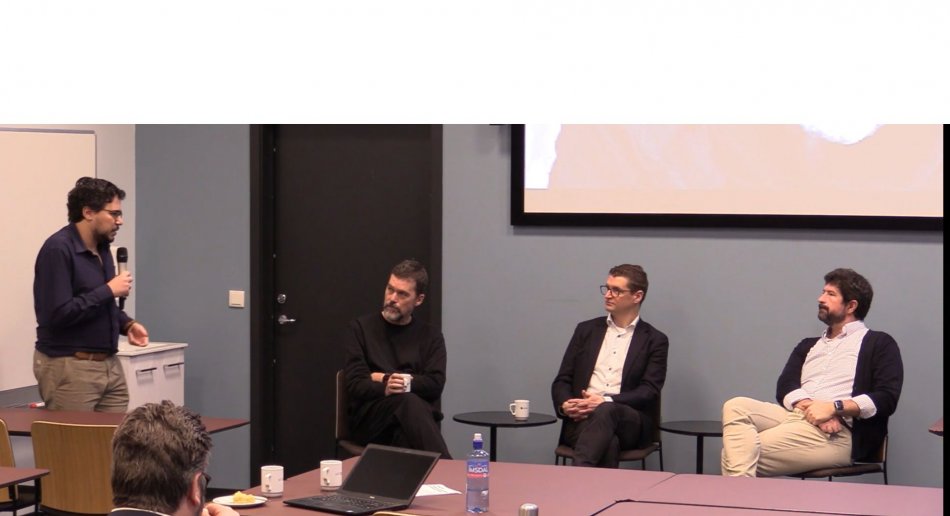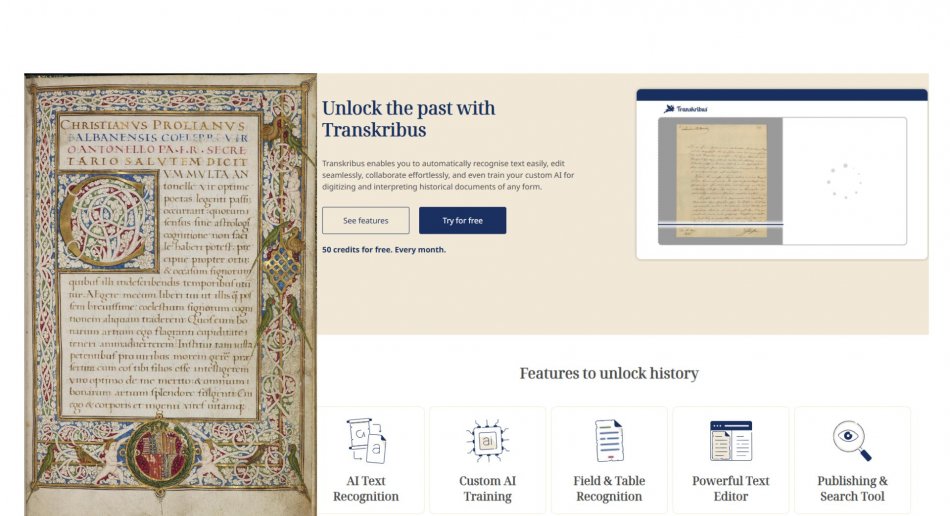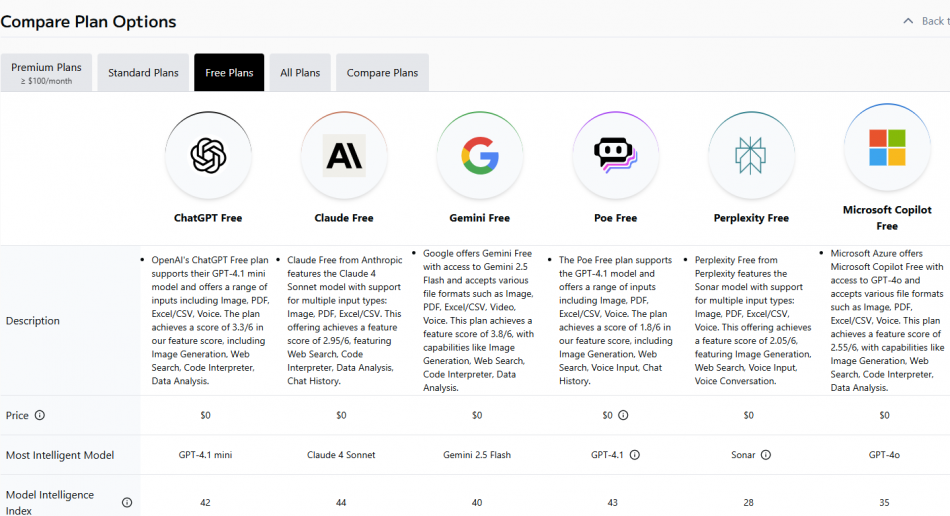
Learning to Rank in Public Libraries
In our Digital Humanities Lab at MF, lab member Henrik Holtvedt Andersen has co-authored a study showing how machine-learning ranking models can make public library searches more relevant and user-friendly.
Machine learning for better library search
The study, recently published in Cataloging & Classification Quarterly, was carried out at Oslo Metropolitan University (OsloMet) and examines how machine-learning methods can improve the ranking of materials in public library catalogues. It explores the potential of Learning-to-Rank (LTR) algorithms, which use human relevance judgments to reorder search results so that they better reflect what users find meaningful.
Training and evaluation
Using data from the Oslo Public Library (Deichman) and its ElasticSearch-based catalogue, the project trained models on nearly two thousand query–document pairs assessed by human participants. Two algorithms, LambdaMART and Random Forest, were tested to determine how effectively they could promote relevant but previously low-ranked titles within the search results.
Findings and implications
The results show that even with limited training data, such machine-learning models can enhance catalog performance in a stable and interpretable way. Combining text-based similarity features with indicators of popularity, such as circulation counts, provided the most consistent improvements. While the overall effects were moderate, the study demonstrates a realistic and implementable way for public libraries to benefit from supervised machine learning.
Although the project was based at OsloMet, it aligns with the Digital Humanities Lab (L-MaSDR)’s broader interest in how computational methods intersect with library and cultural heritage research. It illustrates how data-driven approaches can contribute to improving information access and discovery - an ongoing concern in both library science and digital humanities.
Recent news



